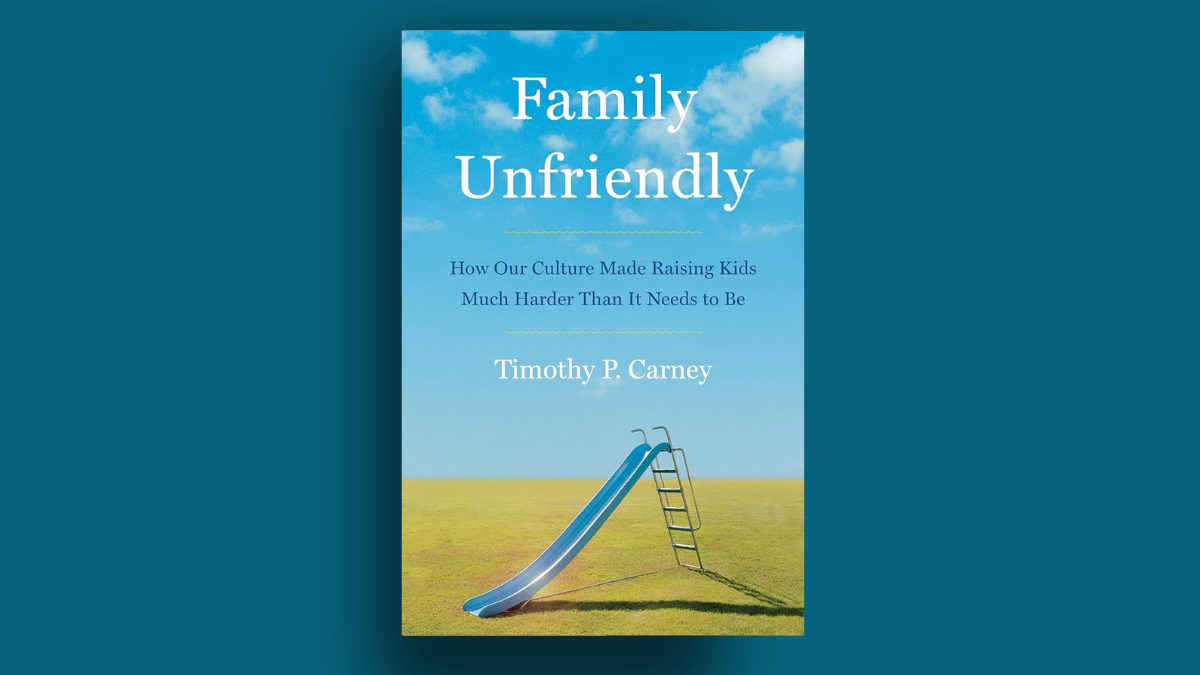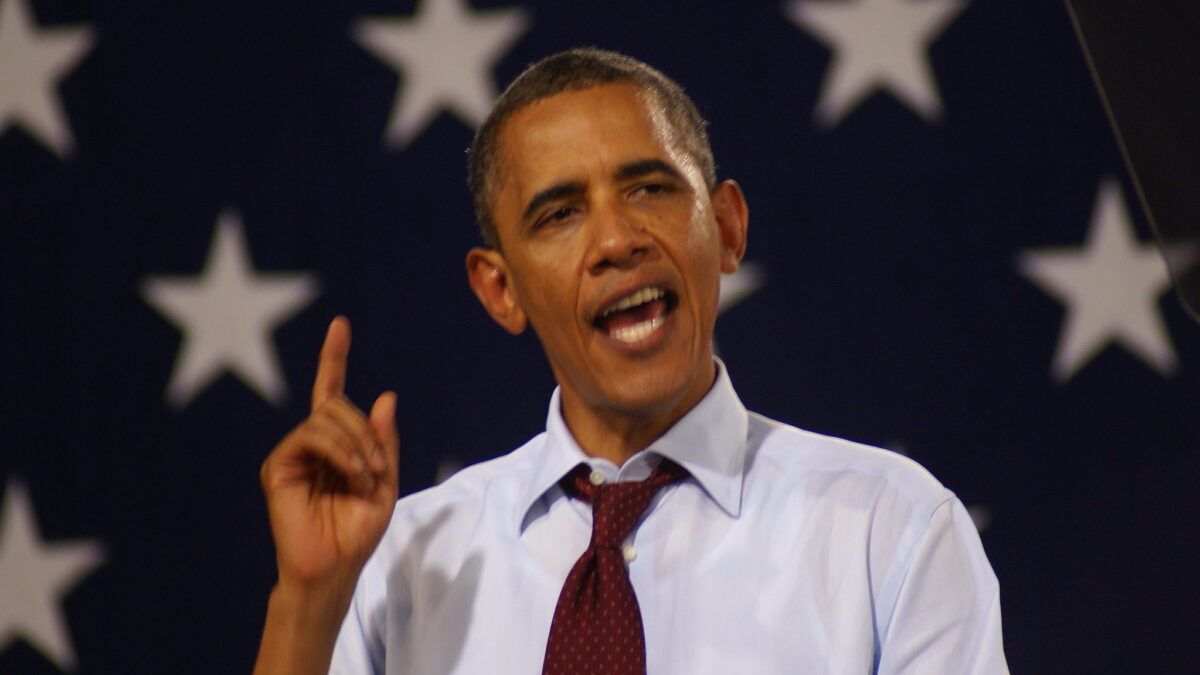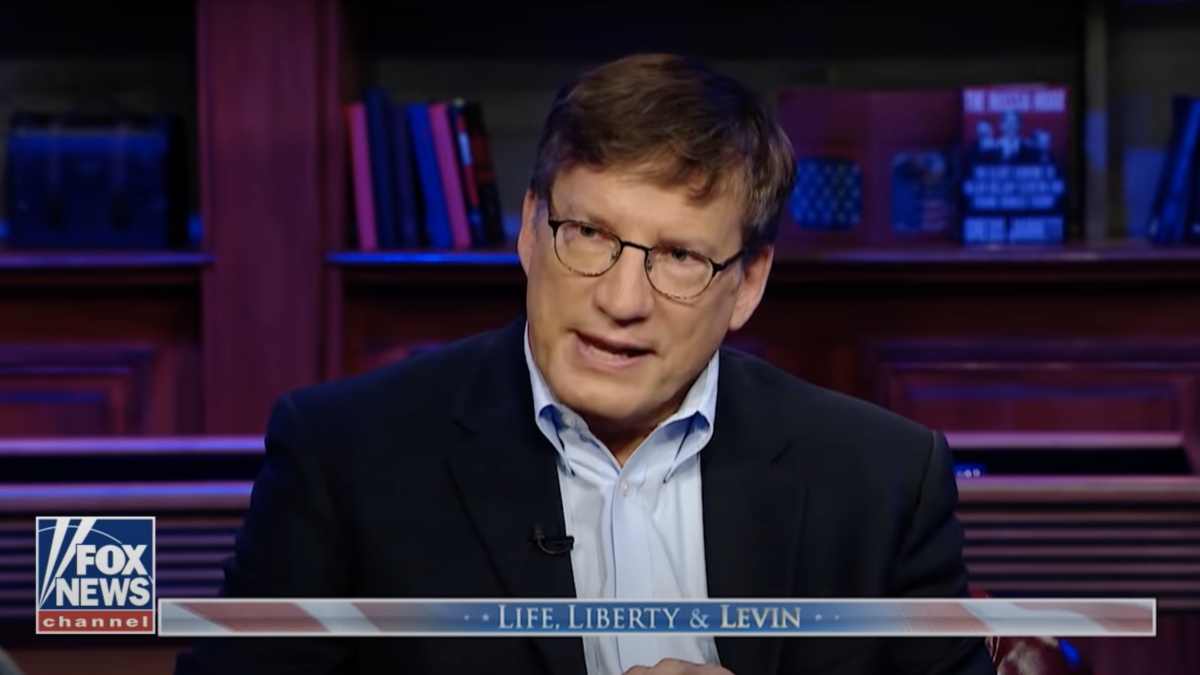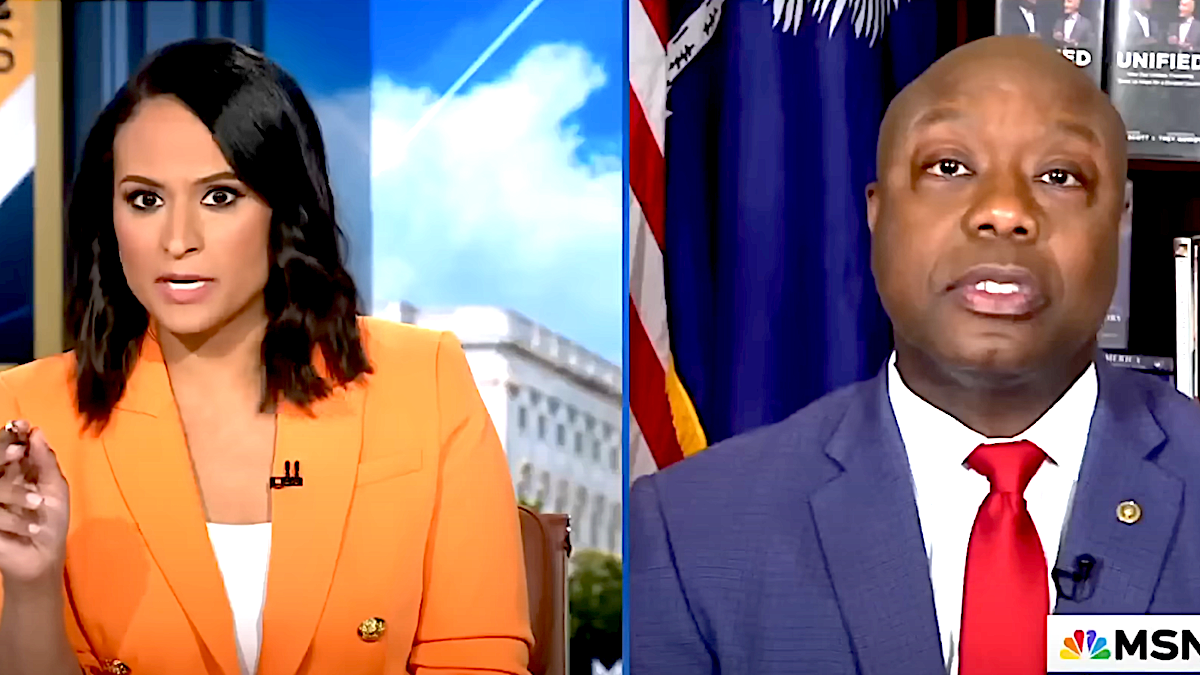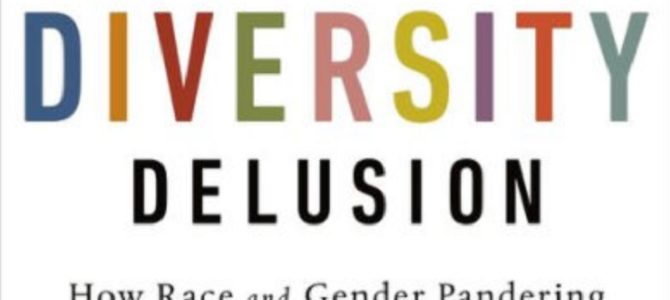
I remember reading a real-life story, an article written by who I forget, to my utter shame, wherein an author was sitting in a chatty, grimy morning café for a breakfast when suddenly, for some reason, perhaps due to a hurried mistake, the café owner changed the radio to a channel playing Franz Schubert’s “Arpeggione.” Suddenly, everyone stopped talking mesmerized, almost as if due to a magical spell.
The people sitting in the café were not used to listening to classical music during their hurried morning coffee to their way to work. Instead, they liked to talk business, check toxic news and politics on Twitter, and gossip about personal lives as something cheap and hideous droned on in the distance.
After a certain amount of time, which felt like an eternity, someone managed to summon the power to change it back to the cheap and hideous. Life returned to normal and everyone looked relieved and started talking again. The spell was gone. Humanity’s desire for the abhorrent and the profane is too natural and strong without authoritative intervention.
On a more current note, an undergraduate black student at Columbia who decided to study music recently rebelled against Mozart. “Why did I have to listen in music humanities to this Mozart?” she raged against Euro-Western civilizational giants, “My problem with the core is that it upholds the premises of white supremacy and racism. It’s a racist core. Who is this Mozart, this Haydn, these superior white men? There are no women, no people of color.”
An Unholy Alliance
That, and several other such incidents are charted in the new book by Heather Mac Donald, The Diversity Delusion: How Race and Gender Pandering Corrupt the University and Undermine Our Culture, which attempts to understand the roots of our current cultural crisis, and traces it back to the universities, the incubation ground for social strife that we are witnessing across the West.
Take the Brett Kavanaugh episode, for example. After the Republican front line faltered and rolled over on instances such as his forceful tone in self-defense, trying to do exactly the type of bipartisan do-gooderism that they are accused of from the right, the left has already started to move goalposts. But interesting in this is the combined assault from a certain section of media, and academia.
Even before the FBI started to investigate, sociologists started writing op-eds in Washington Post saying how Kavanaugh was certainly guilty, because he allegedly lied about his drinking, and Kavanaugh’s elite upbringing and privilege was responsible for his outburst. I’d have imagined any normal sane man, if accused of being a part of rape gangs, would sue for defamation, and by that logic Kavanaugh was pretty restrained.
Simultaneously, at the University of Southern California’s campus, students and a section of professors harassed another professor for having the temerity to declare that women can also lie, and accusers are not automatically the victim, no matter how convincingly they can weep on camera. Hard, rational evidence is the key. If you don’t understand how these two are connected, this unholy alliance between a section of media and academia in a constant crusade to change society from within, pick up a copy of Mac Donald’s new book.
The Long March
Mac Donald’s thesis is that “entire [academic] fields have sprung up around race, ethnicity, sex, and gender identity,” which fuels a victimology, which leads to “violent efforts to shut down speech that challenges campus orthodoxies.” For decades, a section of academia grew within Western society that has consistently taught students that all politics is personal.
This section of academia, which includes overt and covert Marxist and feminist pedagogy, has resulted in the idea that there’s an existential crisis within society, and that everyone to the right of Leon Trotsky is not just an ideological opponent but evil. Conservatives, therefore, are a threat to society and life in general, and in any existential war, you either win or you perish. From this lens, consider the two activists cornering Sen. Jeff Flake in an elevator, arguing hysterically how their “experiences” are being erased, and it all suddenly makes sense.
The idea that a section of academia is preparing for a soft coup within the West is not a new thesis. Recently, several articles and books have been written on this, including by Joy Pullmann, Michael Shermer, Peter Hitchens, Roger Kimball, and Victor Davis Hanson. Mac Donald’s book, however, is the first that provides case after case explaining how this is playing out, chronicling a cancer which has metastasized and spread across institutions and professions, from media, to think tanks, to activism, to campus censors, to government bureaucracy. It’s often easy to discard the idea of a “long march through the institutions” as a right-wing conspiracy theory, without evidence. Mac Donald provides the evidence in this book.
Fomenting Social Revolution
There are hundreds of cases involving the completely unscientific, uncorroborated, and unreplicable Implicit Bias Test, which supposedly proves that everyone has hidden racial and sexual prejudices. This has been cited to shape university courses and enrollment of students who are academically inferior and discrimination against students who are hardworking and meritorious, as well as police reforms and crime stats.
Or consider how certain academics, found at colleges across the country such as the University of Missouri, Pomona, Claremont Mckenna, the University of California at Los Angeles, and Berkeley have used agitated students as pawns to control the academy and stifle conservative voices. Or how it has spawned a burgeoning diversity bureaucracy that treats students as consumers, whose feelings come paramount, compared to facts. The feminist sex panic, which defies statistics; the diversity agenda, which stifles innovation in tech giants; the university departments, which ditch Beethoven for Baha Men — the list is never-ending and interconnected.
The result? The products of these universities are out now in the streets, and in media and other professions, as radical activists fomenting a social revolution. That was the purpose of these activist academics, and that arguably is now bearing fruit.
In Mac Donald’s words, “Progressive pedagogy has long embraced the idea that students should work exclusively in groups as a way to model collectivist democracy. This political agenda is simply a pretext for masking individual differences in achievement that might reinforce group stereotypes” and “the consequences of that cultural revolution are all around us: lagging education levels, the lowest male workforce participation rate since the Great Depression, opioid abuse, and high illegitimacy rates.”
What now, and how to stop this rapid descent to chaos? Taxpayers need to ask their politicians and representatives, organize movements demanding answers, and if need be demand legislative interference and accountability from institutions of higher learning. But to understand the sources of social unrest in the West, Mac Donald’s latest is a good start.



